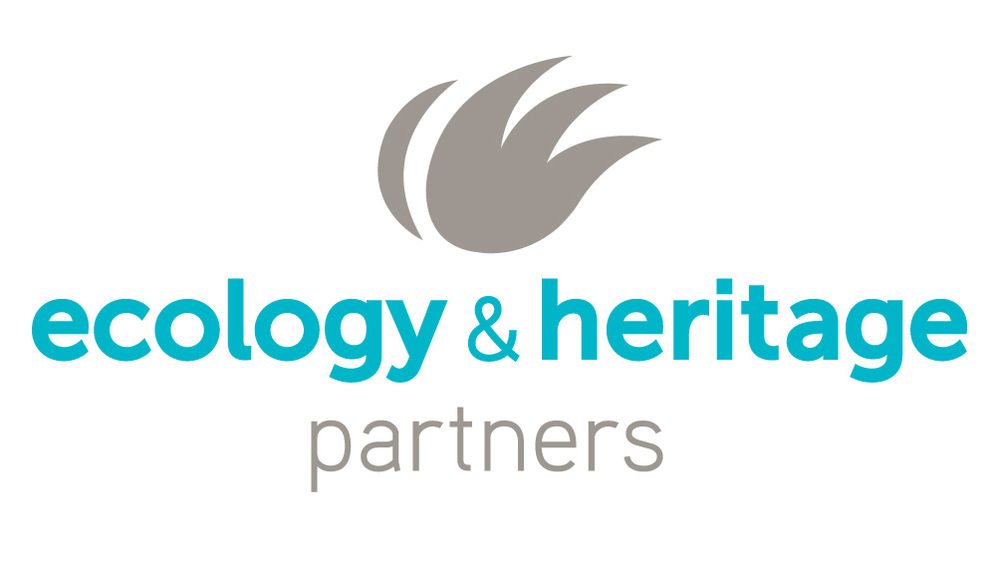-
Member Login
- Home
- About
- Institute Groups
- Australian Divisions
- New Zealand Chapter
- Special Interest Sections
- Communities of Practice
- Membership
- Events
- News & Publications
- Institute Programs
- Resources
- Jobs Board
- Contact Us
- Site Info
SEQ - Contemporary issues in environmental impact assessment
A breakfast forum by the Environment Institute of Australia and New Zealand
South East Queensland Division (EIANZ-SEQ)
| DATE: | WEDNESDAY 4 March 2015 |
| TIME: | 7:30am to 8:45am (Registration from 7.15am) |
| VENUE: | Clayton Utz, Level 28 Riparian Plaza, 71 Eagle Street, Brisbane |
| PRICE: | Member $40 Non Member $50 Student/Pensioner $30.00 |
 Have you ever wondered why a project was being assessed under one environmental impact assessment process (EIA) rather than another?
Have you ever wondered why a project was being assessed under one environmental impact assessment process (EIA) rather than another?
In Queensland, there are a number of different ways the environmental impacts of a project can be assessed, including multiple EIS processes under State legislation as well as a range of assessment processes under the Commonwealth Environment Protection and Biodiversity Conservation Act 1999.
This seminar will provide attendees with an overview of the EIA processes available in Queensland as well as an insight into important legal and technical considerations when deciding on what process works best for a particular project.
The seminar will also cover:
- the pros and cons of various EIA processes;
- common legal risks in the EIA process and strategies for managing risk;
- current trends in EIA;
- the implications of recent and proposed reform to EIA processes, including bilateral agreements and the new IAR process for coordinated projects.
Speakers:
Geraldine Squires – Principal Environmental Consultant,GHD
Xavier McMahon – Special Counsel, Clayton Utz
A light breakfast will be served during this event.
This event will count as 2 points towards your EIANZ CEnvP Professional Development Log
SCROLL BELOW TO BOOK ONLINE
OR
CLICK HERE TO DOWNLOAD THE EVENT FLYER
This event is proudly supported by our corporate partners:
and event partner:
Event details
When:
4 March 2015
7:15 AM
- 8:45 AM
Cost: AU $ 50 (Inc. GST)
Registrations Open: 5th February 15 12:00 AM
Registrations Close: 4th March 15 11:59 PM
Places Available: 3
Register now and secure your attendance
- Event date has passed
- Registrations are closed
Resources
We acknowledge and value the rights and interests of Indigenous Peoples in the protection and management of environmental values through their involvement in decisions and processes, and the application of traditional Indigenous knowledge.






 Issues of EIA Flyer.pdf
Issues of EIA Flyer.pdf